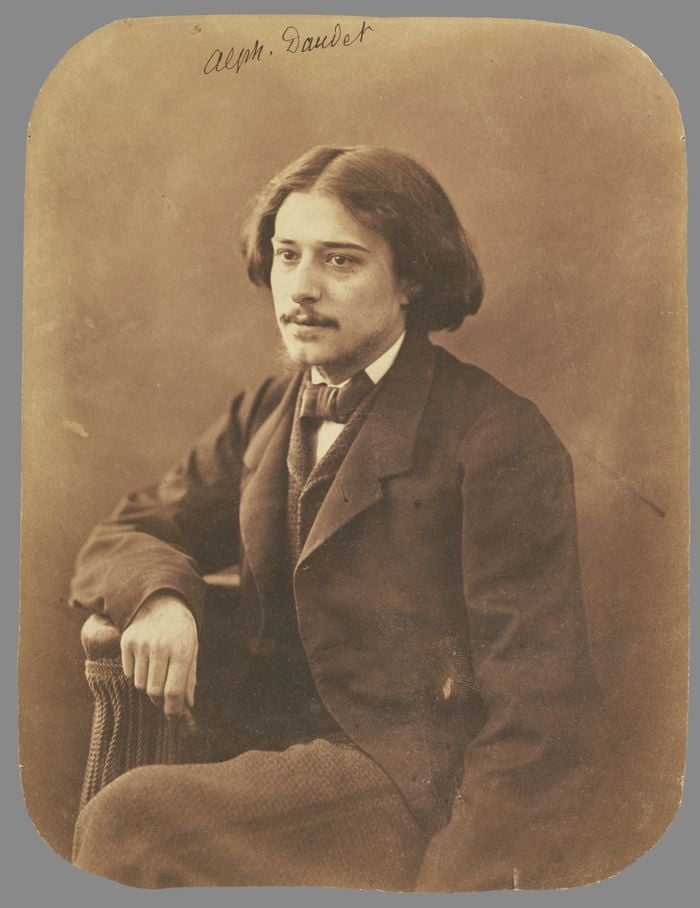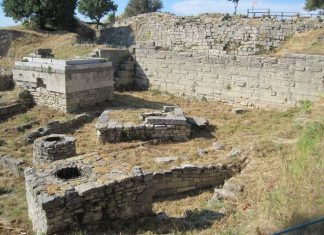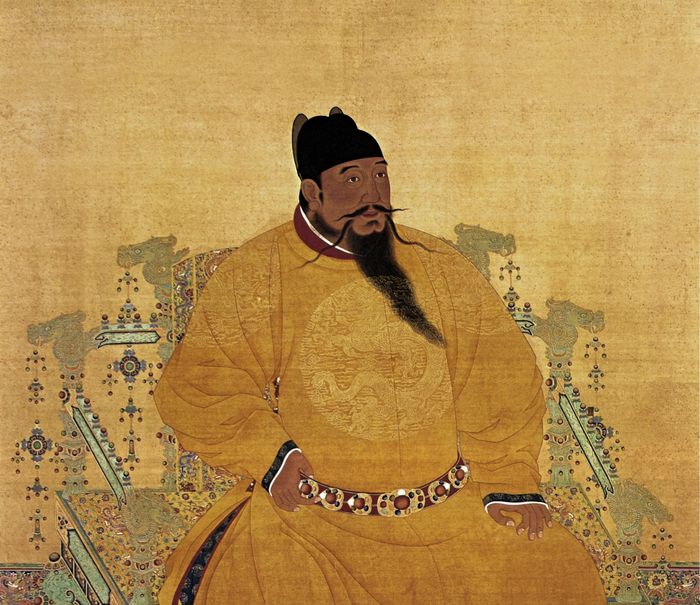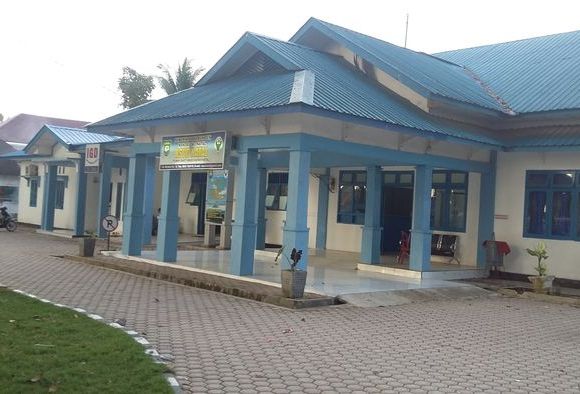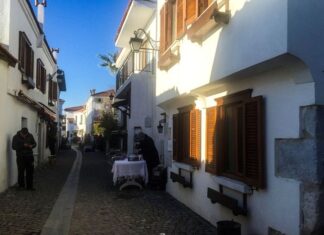Alphonse Daudet (1840-1897)
Alphonse Daudet, one of the masters of the Naturalistic School of modern France, was bom at Nimes in 1840. He made his literary debut in 1858 with a volume of verse. He was both novelist and short story writer, but the Contes du Lundi and Lettres de mon Moulin are now read in preference to Sappho and Jack. The Tartarin books are perhaps an exception: they are little masterpieces of humour and observation. The Contes du Lundi (1873) contain some of Daudet`s most delicate and appealing stories. In The Last Lesson there is a spontaneity and feeling which is characteristic of all his best work.
The present version, anonymously translated, is reprinted from Great Short Stories, P. F. Collier Sons, New York, 1909. Copyright, 1909, by the Frank A. Munsey Co., by whose permission it is here used.
The Last Lesson
I started for school very late that morning and was in great dread of a scolding, especially because M. Hamel had said that he would question us on participles, and I did not know the first word about them. For a moment I thought of running away and spending the day out of doors. It was so warm, so bright! The birds were chirp¬ing at the edge of the woods; and in the open field back of the saw¬mill the Prussian soldiers were drilling. It was all much more tempting than the rule for participles, but I had the strength to resist, and hurried off to school.
When I passed the town hall there was a crowd in front of the bulletin-board. For the last two years all our bad news had come from there—the lost battles, the draft, the orders of the commanding officer —and I thought to myself, without stopping:
“What can be the matter now?”
Then, as I hurried by as fast as I could go, the blacksmith, Wachter, who was there, with his apprentice, reading the bulletin, called after me:
“Don`t go so fast, bub; you`ll get to your school in plenty of time!” I thought he was making fun of me, and reached M. Hamel`s little garden all out of breath.
Usually, when school began, there was a great bustle, which could be heard out in the street, the opening and closing of desks, lessons re¬peated in unison, very loud, with our hands over our ears to under¬stand better, and the teacher`s great ruler rapping on the table. But now it was all so still!
Read More about Falcon part 1
